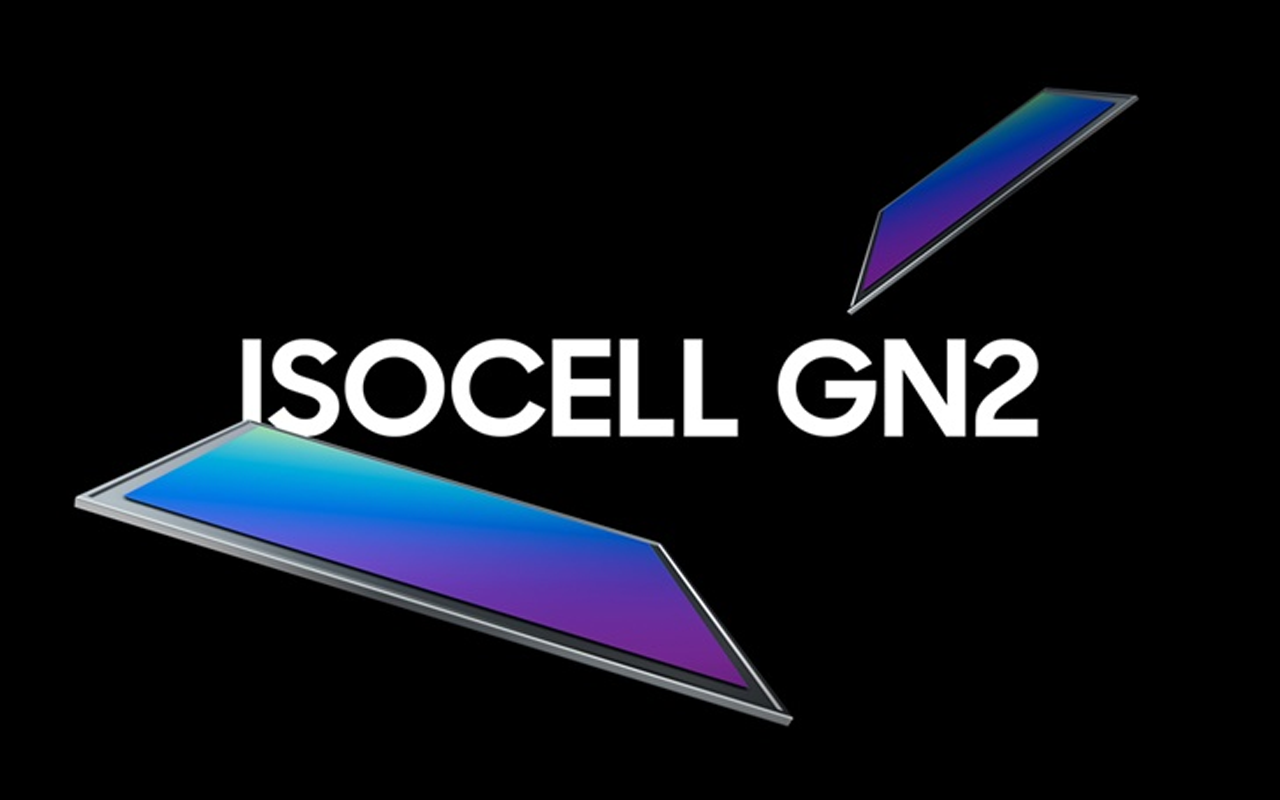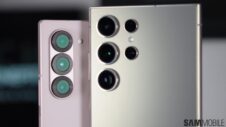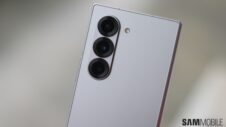Samsung recently unveiled its 50MP ISOCELL GN2 camera sensor for smartphones. It is the successor to the company’s first-generation 50MP camera sensor, the ISOCELL GN1. Apart from being Samsung’s biggest smartphone camera sensor ever, the ISOCELL GN2 brings important improvements in autofocus and HDR performance. The company should prefer the ISOCELL GN2 over any of its 108MP camera sensors in high-end Galaxy smartphones, and it is not just because of its bigger size.
It is a 1/1.2-inch camera sensor with 50MP resolution, 1.4µm pixels, and Dual Pixel Pro autofocus. The ISOCELL GN2 strikes a perfect balance between individual pixel size and resolution. Moreover, it also brings features such as Smart ISO, Smart ISO Pro, and staggered HDR.
It can record up to 4K 120fps videos and 1080p 480fps videos. Its 50MP resolution is high enough so that it can capture 8K videos. The Vivo X50 Pro+ was capable of capturing 8K 30fps videos using its older, ISOCELL GN1 sensor, so the ISOCELL GN2 should be able to do that as well.
ISOCELL GN2 is great for stills, low-light shots, and 4K and 8K videos
The ISOCELL GN2 can capture 12.5MP images with an effective pixel size of 2.8µm through its 4-in-1 pixel binning procedure. That’s bigger than the 108MP ISOCELL HM3’s 2.4µm pixels after 9-in-1 pixel binning. The ISOCELL GN2’s light sensitivity is better than that of the ISOCELL HM3, both with and without pixel binning. It means that the newer sensor can capture more light in daylight and low-light conditions, resulting in lower noise and higher details.
The ISOCELL GN2’s bigger pixels also give it an edge over most other camera sensors while recording videos. Since smartphones don’t use the pixel binning feature while recording videos, the new 50MP ISOCELL camera sensor’s individual pixel size of 1.4µm helps in capturing brighter videos in low-light conditions. For example, the iPhone 12 Pro Max’s main sensor has 1.7µm pixels, and that’s the primary reason why it can record brighter videos with lower noise when compared to the Galaxy S21 Ultra in low-light conditions. The ISOCELL GN2 can help Samsung in capturing brighter 4K and 8K videos when compared to existing 108MP camera sensors used in phones like the Galaxy S20 Ultra and the Galaxy S21 Ultra.
When required, Samsung’s latest 50MP ISOCELL sensor can also capture 100MP stills, thanks to its intelligent re-mosaic algorithm. That can come in handy in certain situations where the smartphone has to use the hybrid zoom feature. As mentioned earlier, the ISOCELL GN2 is also capable of capturing 8K videos, similar to Samsung’s 108MP sensors.
Dual Pixel Pro means no blurry shots or focus hunting in videos
![]()
We are all aware of Galaxy S20 Ultra’s autofocus issues, and it was because the phone’s 108MP ISOCELL HM1 sensor lacked dual-pixel PDAF (phase-detection autofocus). Although the company largely solved the issue by adding a laser autofocus unit in the Galaxy Note 20 Ultra and the Galaxy S21 Ultra, it is still not as reliable as dual-pixel autofocus. The ISOCELL GN2 features an advanced version of dual-pixel autofocus, and Samsung is calling it Dual Pixel Pro. It uses not only vertical but also diagonal focusing for more reliable performance compared to the usual dual-pixel autofocus. That means the company won’t have to rely on an additional laser AF unit for reliable autofocus performance
The sensor also features Staggered HDR, which means that it can capture separate frames for long, medium, and short exposures within the same time other sensors capture just one image. These images can then be merged into one final image that has an incredible dynamic range. It can also be used in capturing much better 4K HDR videos.
https://www.youtube.com/watch?v=8KILAVjM8lY
The ISOCELL GN2 can offer great images and videos in both daylight and low-light conditions. Plus, its resolution is high enough that it can be used for pixel binning, hybrid zoom, and for capturing 8K videos. Phones like the Xiaomi Mi 10 Ultra (48MP, OmniVision 1/1.32-inch sensor) and the Vivo X50 Pro+ (50MP, ISOCELL GN1 1/1.31-inch sensor) are already using 48MP or 50MP camera sensors to great effect, and Samsung should switch from its 108MP sensors to the ISOCELL GN2 in its future flagship smartphones. If the company doesn’t do that next year, it probably means that it wants to use the 108MP number for marketing rather than switching to a theoretically better sensor for better image and video quality.







